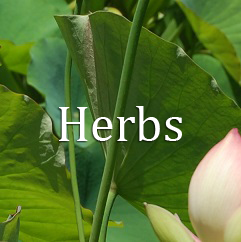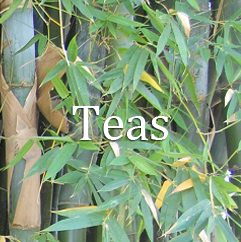
Tonic herbs ♦ Elixirs
Tonic herbs, teas and elixirs balance body, mind and energy. See a book review here for Elixir’s tonics and teas: Invigorating tonics for the mind, body & spirit. / Jeff Stein and Edgar Veytia. New York: Clarkson Potter Publishers, 2001.
“Tonic” was a term used to mean plain, unsweetened soda because it supposedly had health-giving benefits. In reality a tonic is something much better than soda. On this website, instead of choosing the status quo, we look to herbalists, nutritionists, and naturopathic doctors who investigate the value of every particle of food that passes our lips. Because increasingly more science about the quality of food and drinks is available, our health really is in our hands.
Herbal tonics offer a wide variety of tastes and effects. Herbal tonics are synonymous with adaptogenic herbs, also introduced on Lotus, Lady & Verse. You might be familiar with ginseng and its powerful energy-building effects as one example of the tonic herbs.
Tonics are a collection of herbs known as rejuvenating, rather than strictly medicinal herbs. Tonic herbs are identified on websites and in print format (see below), yet they often go under your radar as you concentrate on looking for relaxation-inducing, or pain relieving “natural” sources, such as herbs. The tonic class of herbs is not used for acute or chronic conditions, but instead for general maintenance and well-being.
Tonic herbs tone the body, keeping it supple, nourished and hydrated. They can do this paramount job because they have alterative actions within the body, such as those for digestion, stress-relief, energy, and an aspect or indication of health called shen in traditional Chinese medicine.
In yoga we see the term “restorative” often referring to asanas that help us regain the energetic balance we once had but lost due to stress. Tonic herbs are restorative and provide benefits immediately and over time since they, like whole foods, are safe to ingest for long periods.



